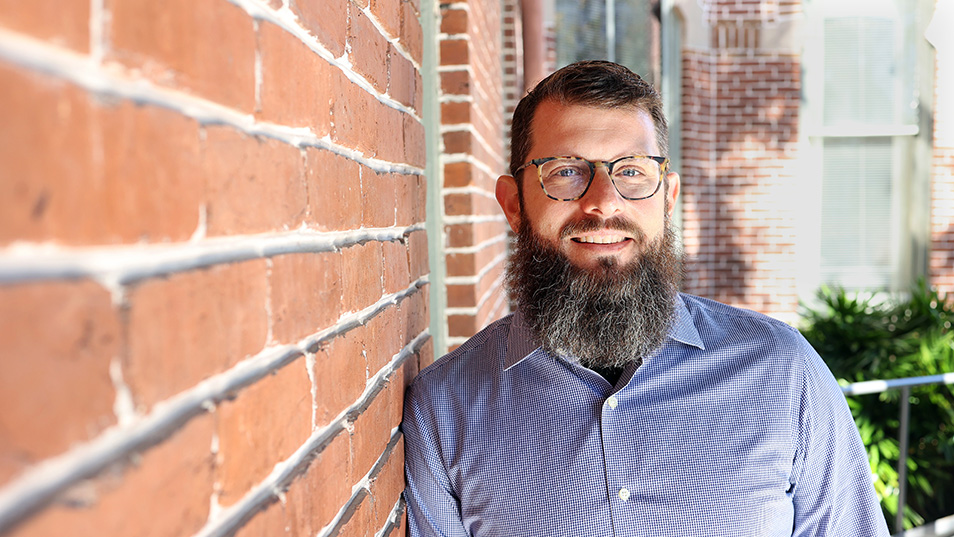Contact us
401 W. Kennedy Blvd.
Tampa, FL 33606-13490
(813) 253-3333
What’s the secret sauce behind UT’s new environmental studies department? Inviting folks from across disciplines to come to the problem-solving table together.

Dan Huber, chair of the new department, says that while UT previously had an environmental science degree that trained students to measure environmental problems, it wasn’t preparing them to go out into the greater community and actually develop solutions to those problems.
Dan Huber, chair of the new department, says that while UT previously had an environmental science degree that trained students to measure environmental problems, it wasn’t preparing them to go out into the greater community and actually develop solutions to those problems. “We need public policy that is informed by science, that is clearly articulated to the public, that intersects with economic tools in order to create solutions to some of the biggest challenges that the environment, and we as a society, face,” he says.


More UT News